Amy Swiggs
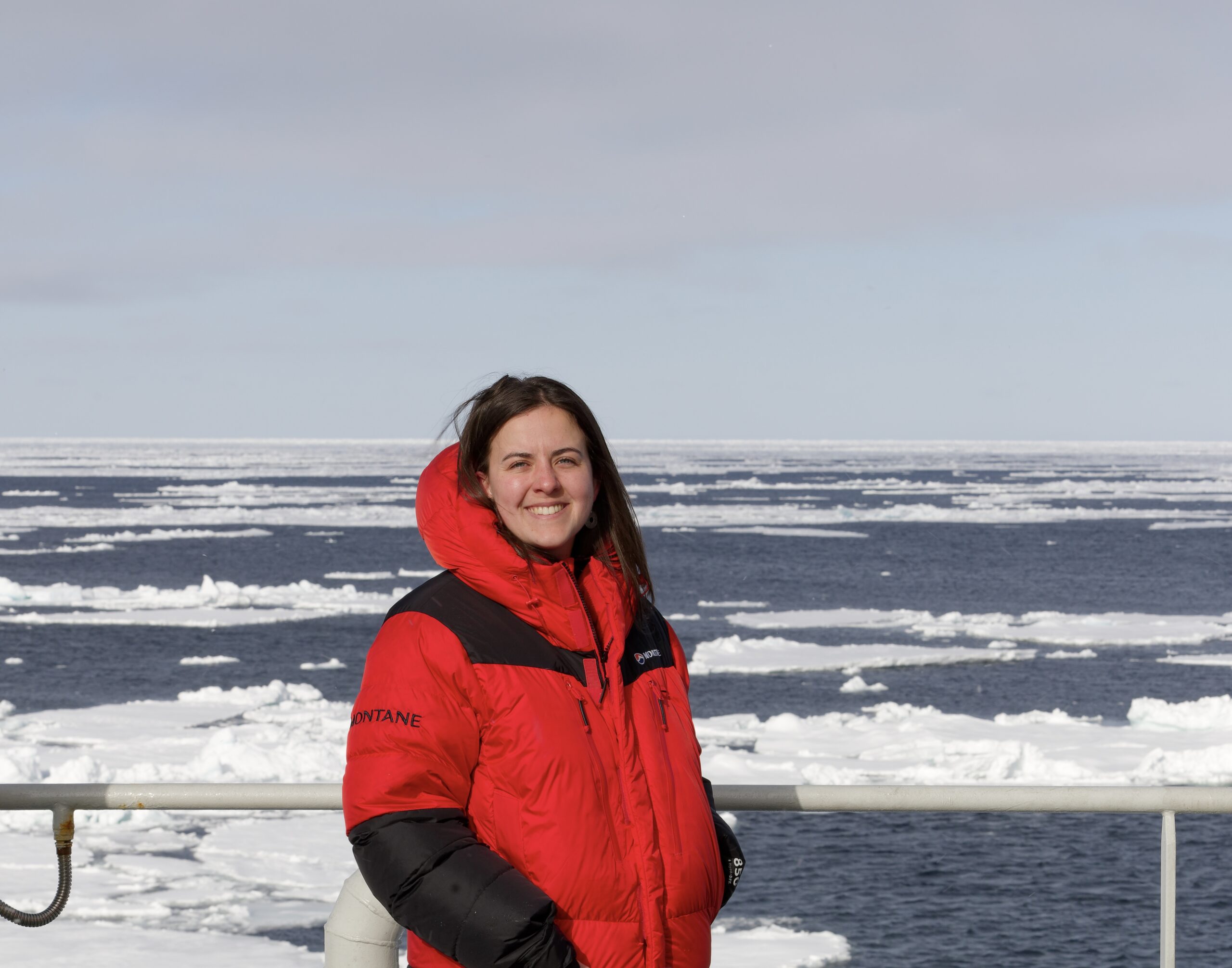
I am a PhD researcher with the Centre for Polar Observation and Modelling at Northumbria University. In my PhD I use satellites to study trends in Arctic sea ice thickness, and investigate how these changes will impact climate, ecosystems, and the economy. In particular I use satellite altimetry to measure the elevation of sea ice, which can be converted to estimates of sea ice thickness.
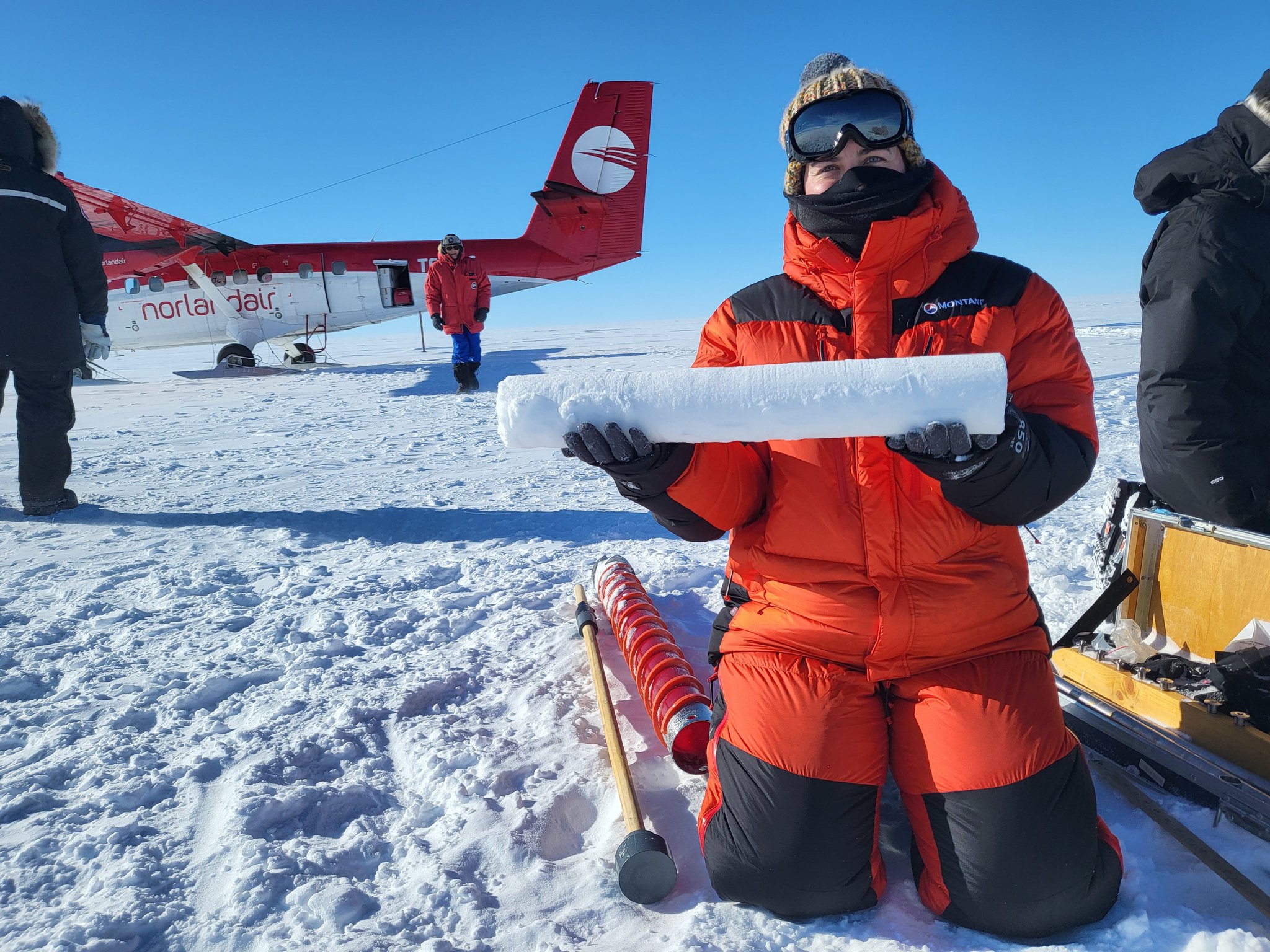
In BIOPOLE, my role is to provide sea ice data and particularly sea ice thickness and volume estimates from observations and models. I am part of Work Package 1 and also a sub-working group that is aiming to quantify meltwater inputs into the Arctic Ocean, and how this may influence marine productivity. In 2022-2023 I was also BIOPOLE ECR Representative, meaning I sat on the Executive Board and helped to maximise engagement with BIOPOLE ECRs.
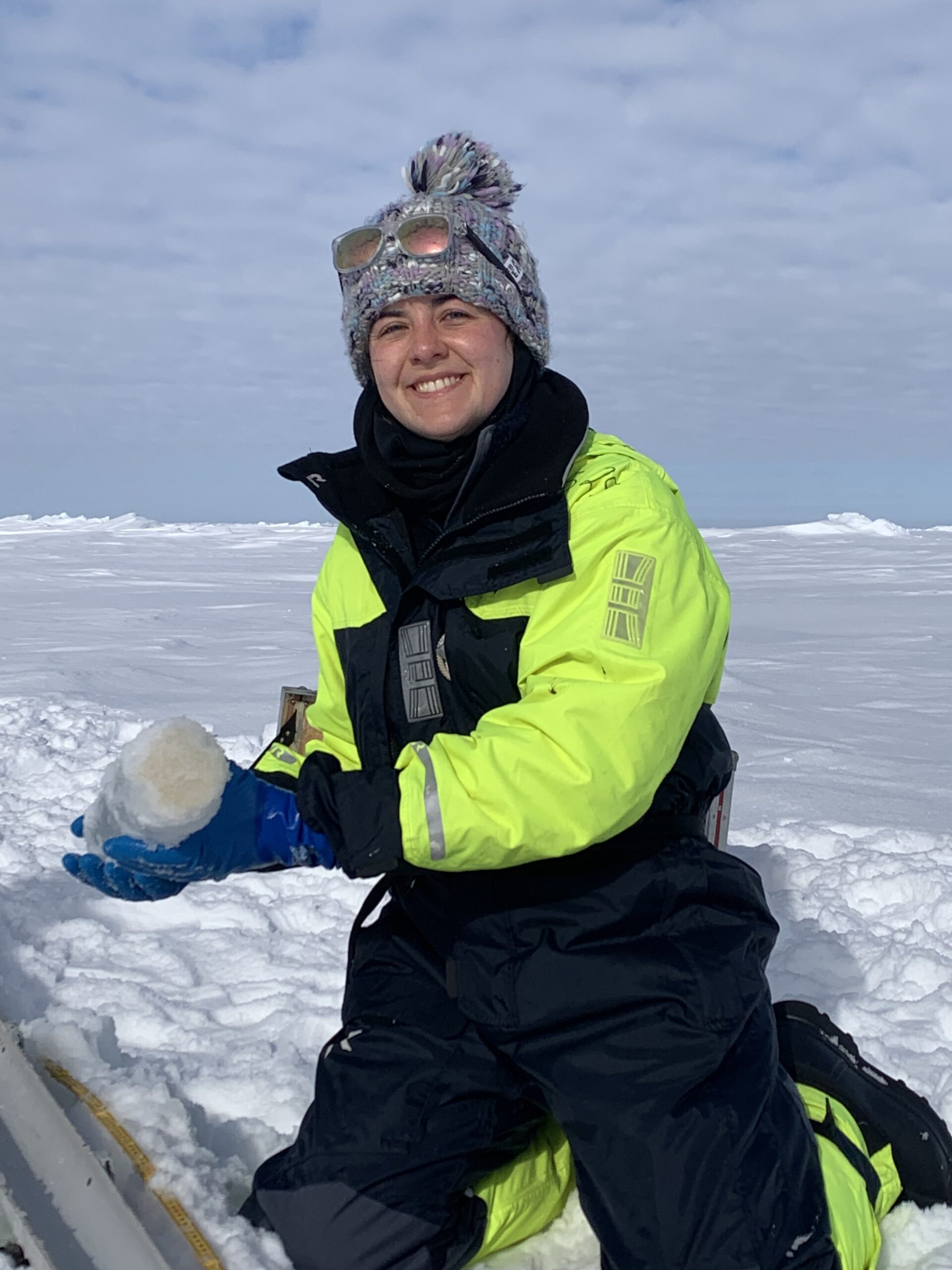
Outside of my PhD, I love scuba diving and am always trying to save up for my next trip! I’m originally from Southwest England but have lived in Yorkshire for six years, and recently moved to Newcastle to continue my PhD. Living so close to the Peak District, Yorkshire Dales, and Northumberland National Park has really developed my love for hiking and I go as often as I can.
Laura Taylor
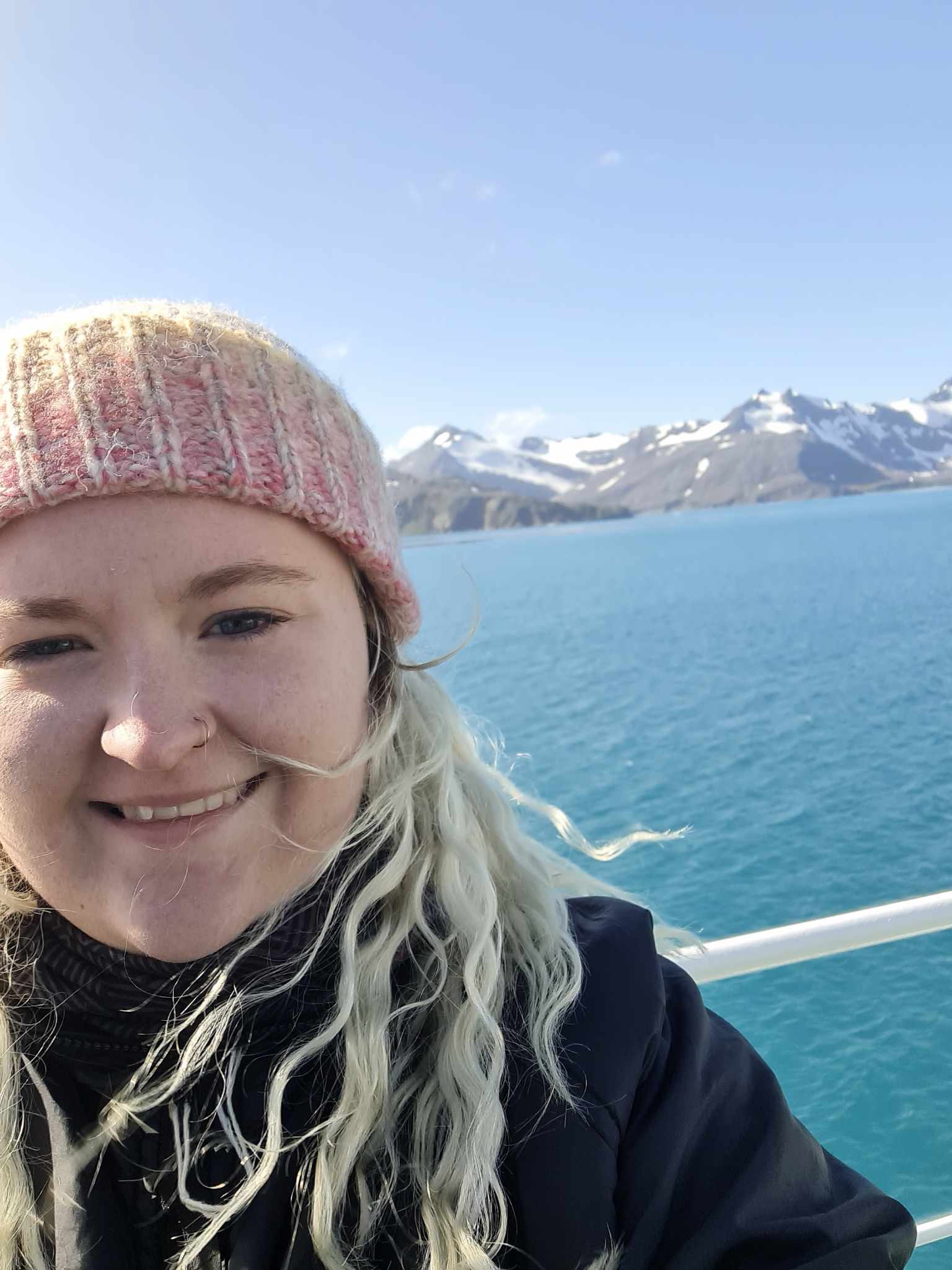
I am a PhD Student based at the British Antarctic Survey and the University of Cambridge. My PhD uses isotopic approaches to examine the nature of carbon and silica export across locations in the Southern Ocean, considering the impact of nutrient input from melting ice on the nature of these biogeochemical cycles. Most of my work falls within BIOPOLE work packages 1 and 2 and involves analysis of samples collected from across the Scotia and Weddell Seas for dissolved nutrients, particulate organic carbon, biogenic silica, and dissolved silica isotope concentrations, alongside experiments examining the nature of particulate carbon and silica within zooplankton fecal pellets. This is done with the aim of developing a clearer picture of the interactions between silica and carbon cycles across Southern Ocean environments through my PhD, setting the scene to consider how these process may change in the future.
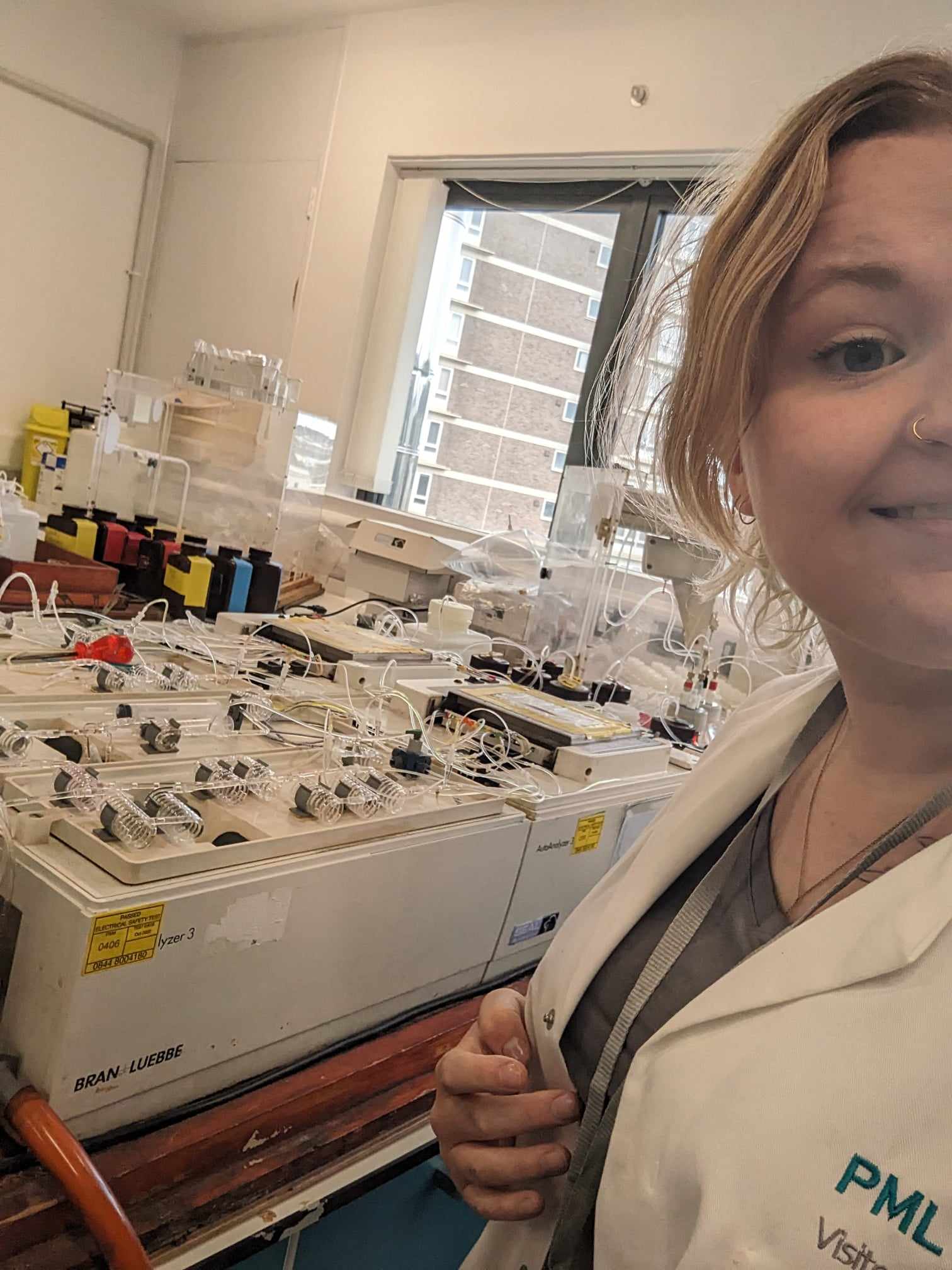
I am also coordinating the biogeochemical sampling and analysis on board the RRS Sir David Attenborough for the first Antarctic BIOPOLE cruise in November 2023!
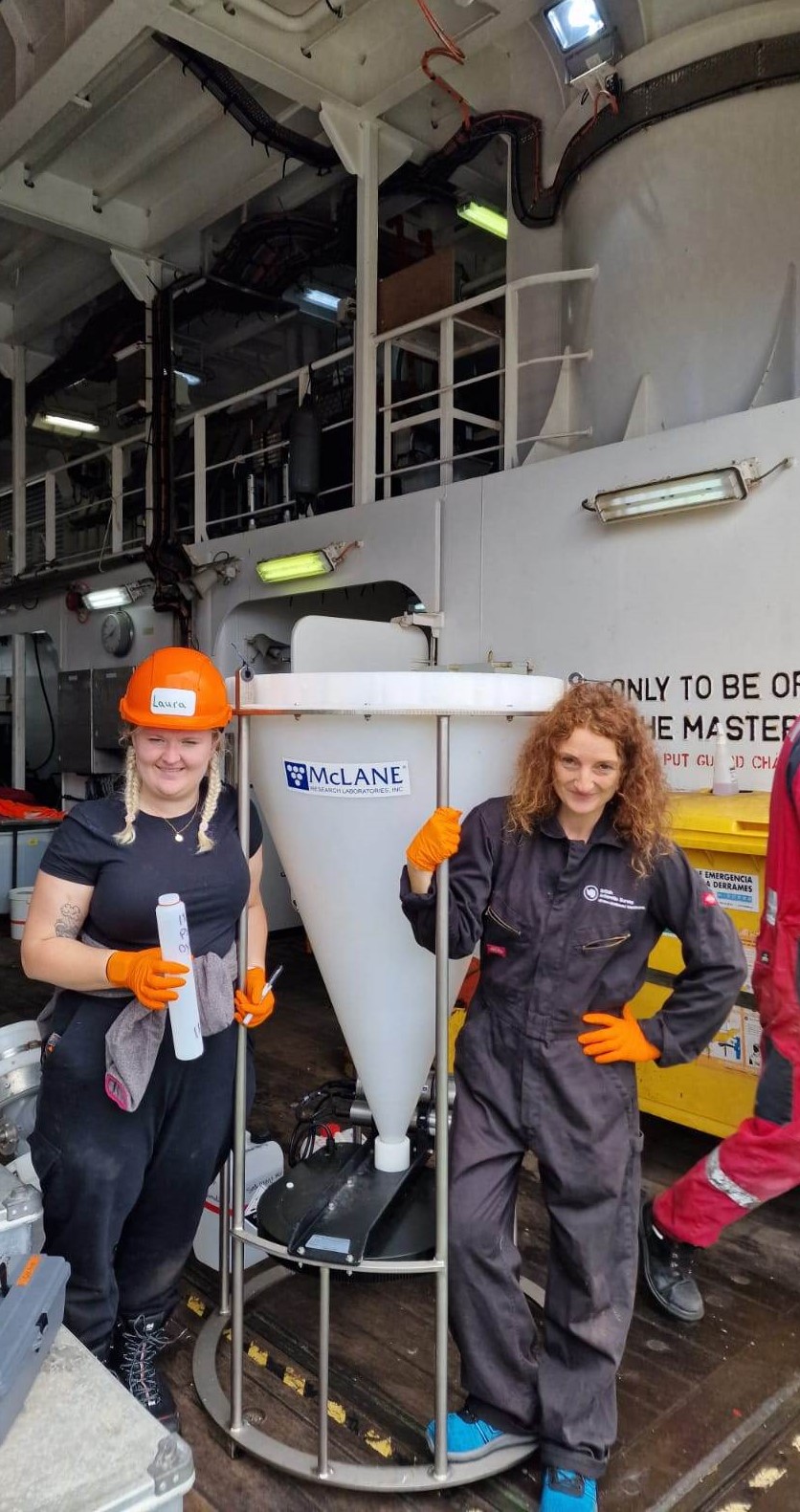
Outside of work, I love getting to the coast whenever I can, particularly for scuba diving and other water sports. I also love reading, gardening, and spending time with my cats.
Roseanne Smith
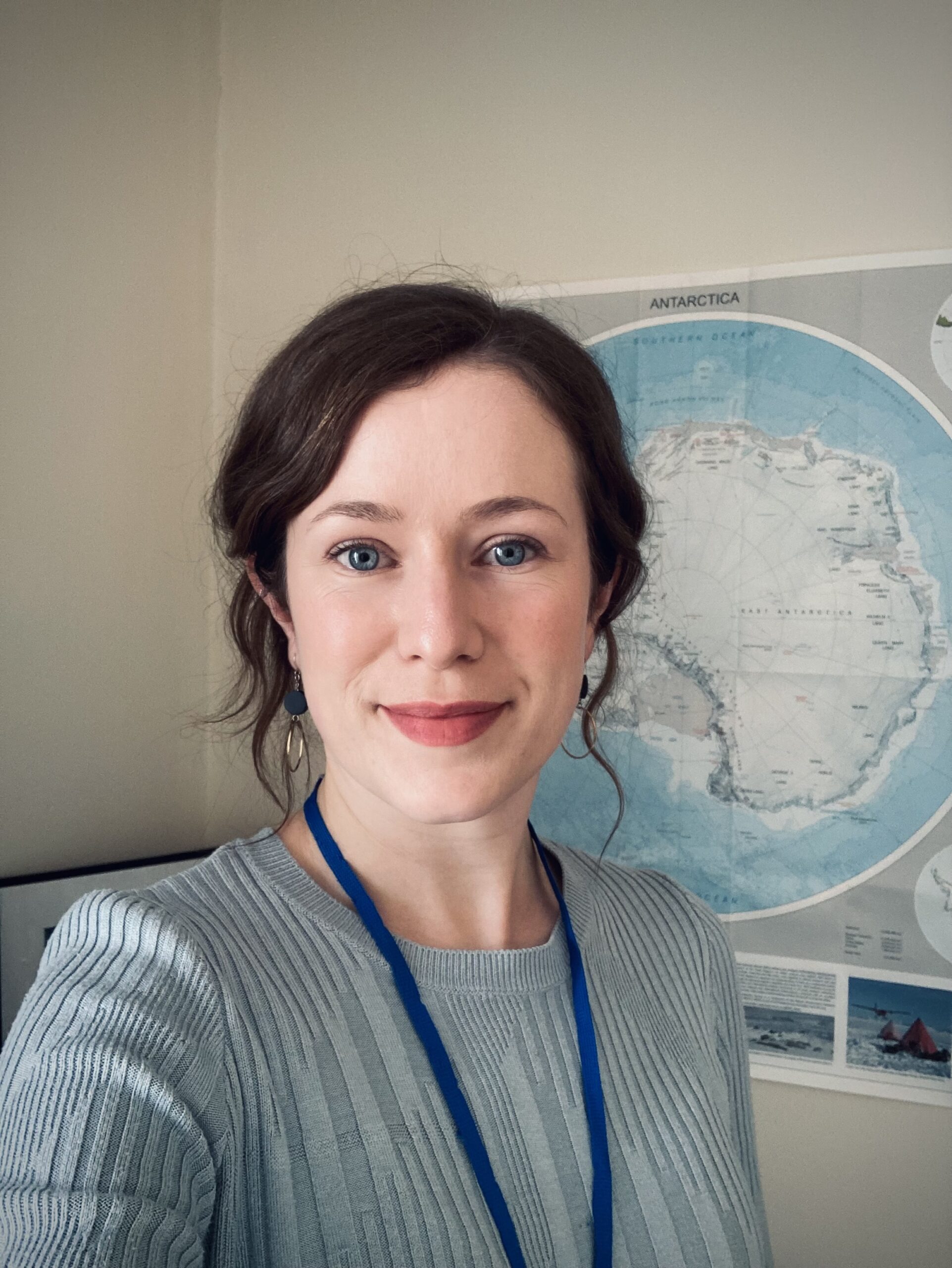
I am a PhD student studying past Antarctic sea ice. I am part of the Ice Core team at the British Antarctic Survey, and also the Giorio Group at the University of Cambridge.
I started my PhD in 2022. I explore how ice cores can help us unravel the complex story of Antarctic sea ice change in the decades and centuries before satellite observations. Ice cores contain a range of ‘proxies’ for past sea ice, but I’m mostly focussed on the organic ones – compounds like MSA and fatty acids that were originally sourced from phytoplankton growing in the sea ice zone. Analysing their concentration in Antarctic ice cores can tell us something about the sea ice conditions of the past.
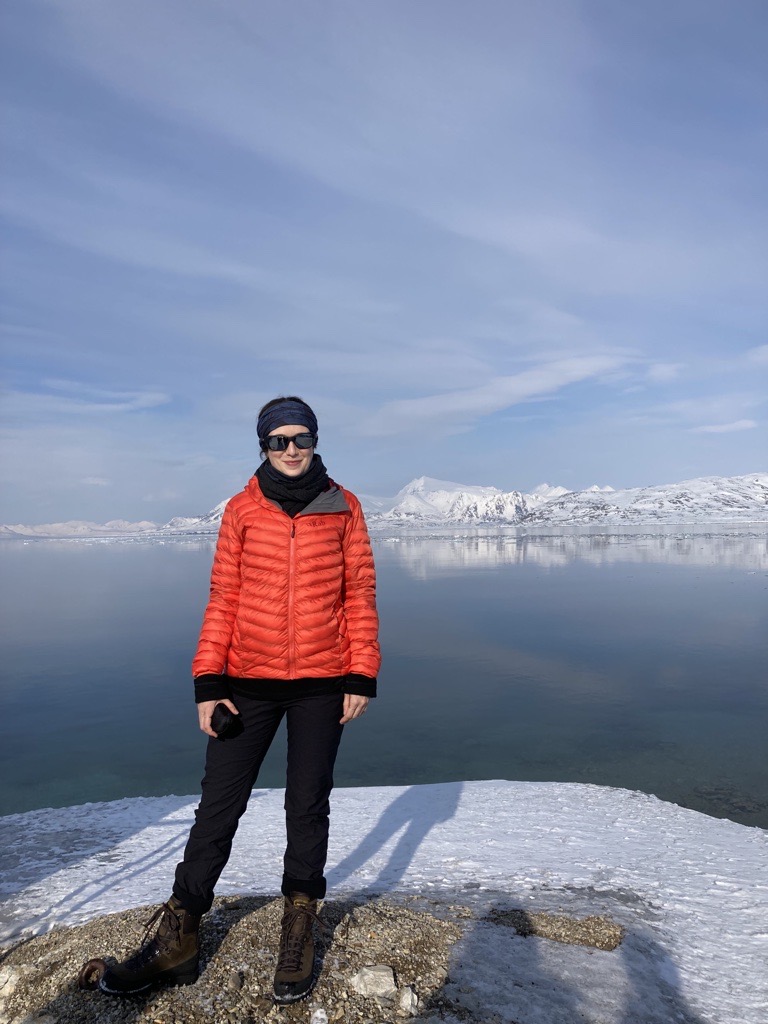
I’m joining the BIOPOLE cruise in Nov-Dec 2023, where I will be focussed on the collection of sea ice cores. Analysis of the chemistry of these cores will help build our understanding of how organic sea ice proxies work, ultimately improving our reconstructions of past sea ice change in the Southern Ocean.
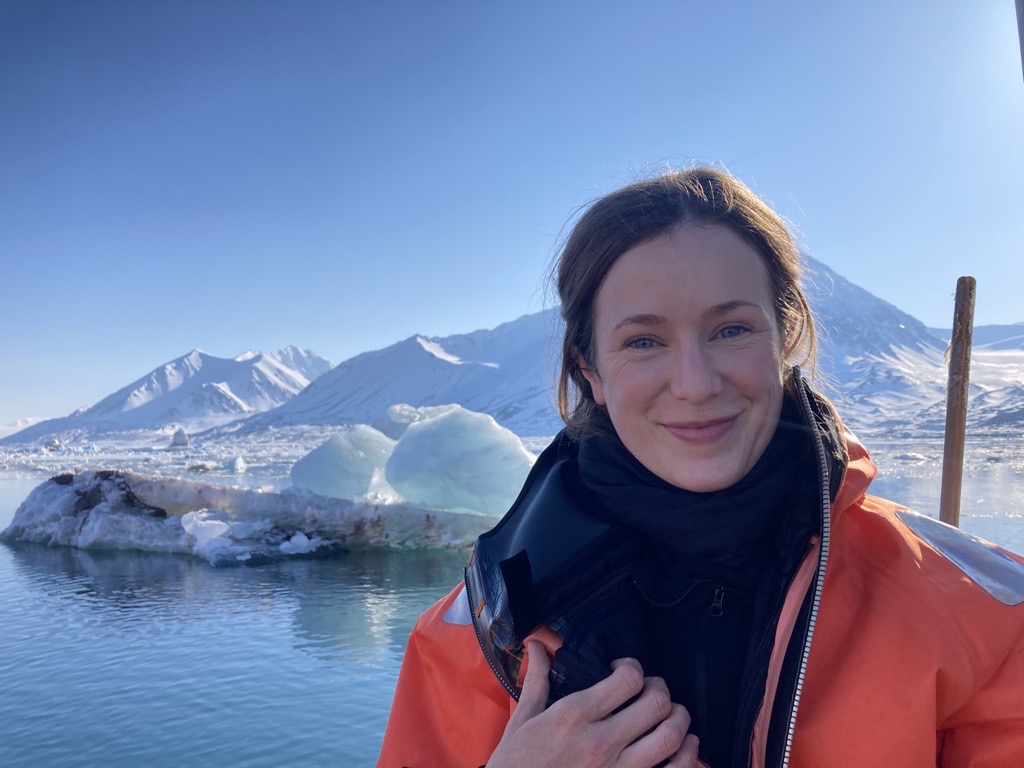
When I’m not in the lab or at my desk, I love hiking, birdwatching, gardening and being out in nature.
